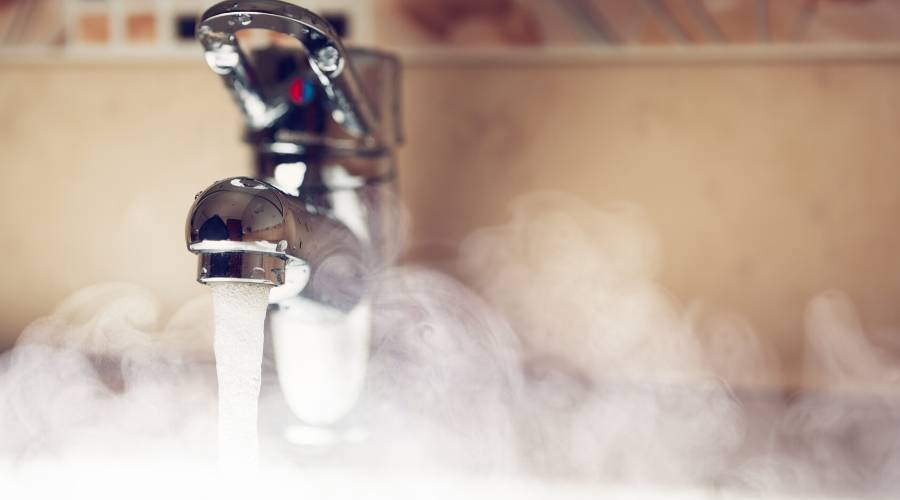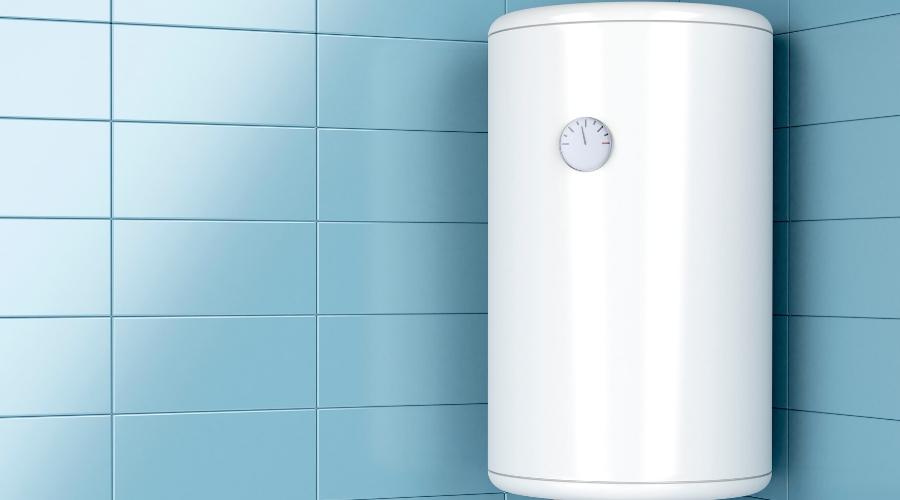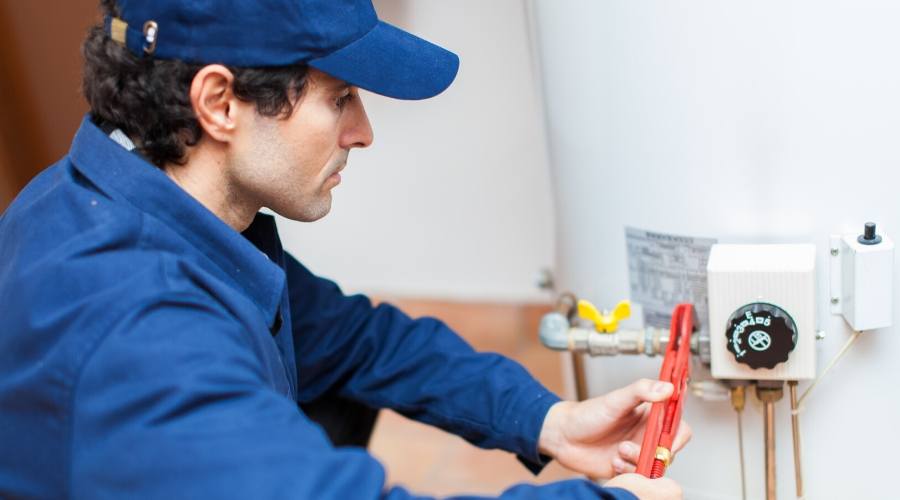4 Water Heater Maintenance Tips
Regular water heater maintenance is vital if you want to extend the life of your water heater. Whether it’s tankless, electric, or gas water heater, ensure it’s running efficiently when you do proper upkeep and maintenance.
An Important Appliance
The water heater is one of the most useful appliances in a modern home. Primarily, it supplies the hot water we need for daily living. Without it, expect a delay and disruption in your household’s day-to-day activities.

You may have an electric water heater, a gas one, or a modern tankless water heater unit. However, when it comes to water heater maintenance, the approach comes in two categories: water heater maintenance for those with tanks and tankless units.
Water Heater Maintenance 101: Regular TLC
Generally, water heaters should last anywhere between eight and 13 years. This amount of time depends on whether the model is a tankless unit or not. And of course, your water heater maintenance practices will also affect how long the unit lasts.
No matter what kind of water heater you have, it needs regular TLC. This way, you can expect your water heater to continue supplying the hot water your household needs throughout its presumed lifespan.
In today’s post, let’s look at some helpful water heater maintenance tips for both tankless and tank models.
Tankless Water Heater Maintenance Tips
Traditional water heaters store the water in a tank. Tankless water heaters, as the name implies, require no tank and heats water when needed.
Typically, water heater maintenance for tankless models is indicated in the manual.
Flushing the Heater
Turn off the power or gas to the water heater. Do the same with the water valve that supplies hot water to the house. Use a garden hose as an attachment to the sump pump’s outlet to your water heater’s cold-water valve.

Then, attach the second half of the house to the water heater’s hot water valve.
Put the ends of those and the pump in a four to five-gallon bucket. Fill the bucket all the way with white vinegar.
Turn on the sump pump. Make sure that before you do, the hot and cold valves are open. Allow the vinegar to wash all over the unit for 30 to 45 minutes, even up to an hour. After this, dispose of the vinegar.
Use the same bucket and fill it with water. Flush the tankless water heater again for five minutes or so. These are the steps to follow when you need to flush a tankless unit.
Cleaning the Filter
While flushing the water heater, you should also pay attention to the air intake filter. This component keeps debris and other materials from penetrating the tankless water heater. Keeping the air intake filter can keep the air circulating into the unit without any snag.
Electric and Gas Water Heater Maintenance Tips
Traditional water heater supplies hot water using electric or gas. The hot water is stored in the tank or container attached to the central unit for use later.
Here are some things to keep in mind to extend the life of your tank water heater.
Check the Pressure Relief Valve
This valve is a safety component that helps stop the water heater from bursting when excessive pressure develops from within it. Check the switch on the side of the unit, and you should see a plastic or copper discharge pipe.
If there’s too much pressure inside the tank, the valve opens up automatically to release it. The discharge pipe then lets the water flow down the floor, avoiding any electrical panel, furnace, or sensitive items.
Inspect the Anode Rod
An anode rod is present in both gas and electric water heaters. The rod is an essential component in a water heater. It draws all corrosive materials to itself, so it doesn’t destroy the tank itself. A good water heater maintenance tip is to replace the anode rod every four or five years. Doing so could extend the life of your unit.
Keep the Maintenance Up
Ensuring the regular maintenance of your water heater may seem unexciting. However, if you don’t, you may end up shelling out a large amount of money for its repair. Don’t delay your water heater maintenance steps. It will save you a lot of money in the long run.
